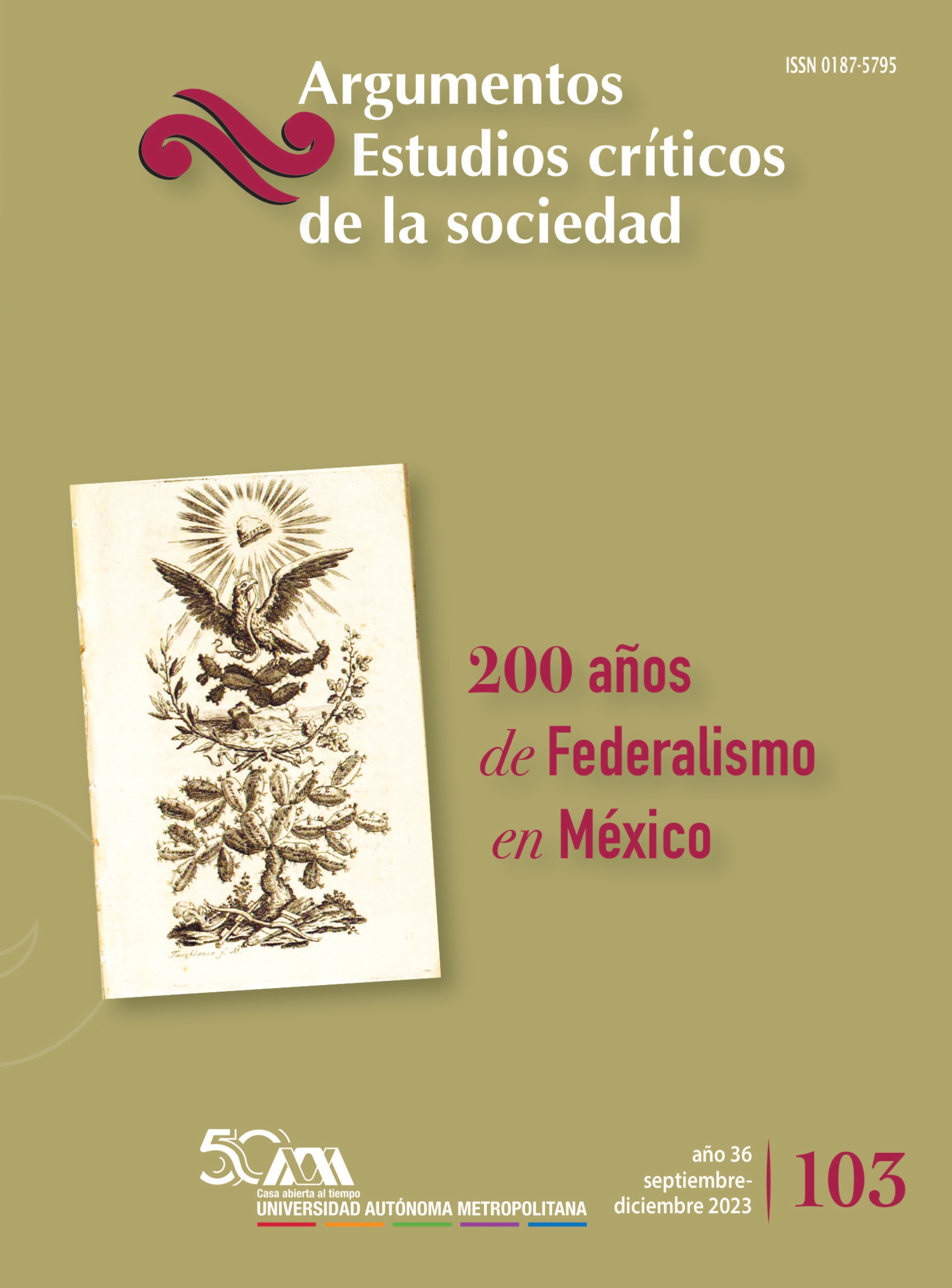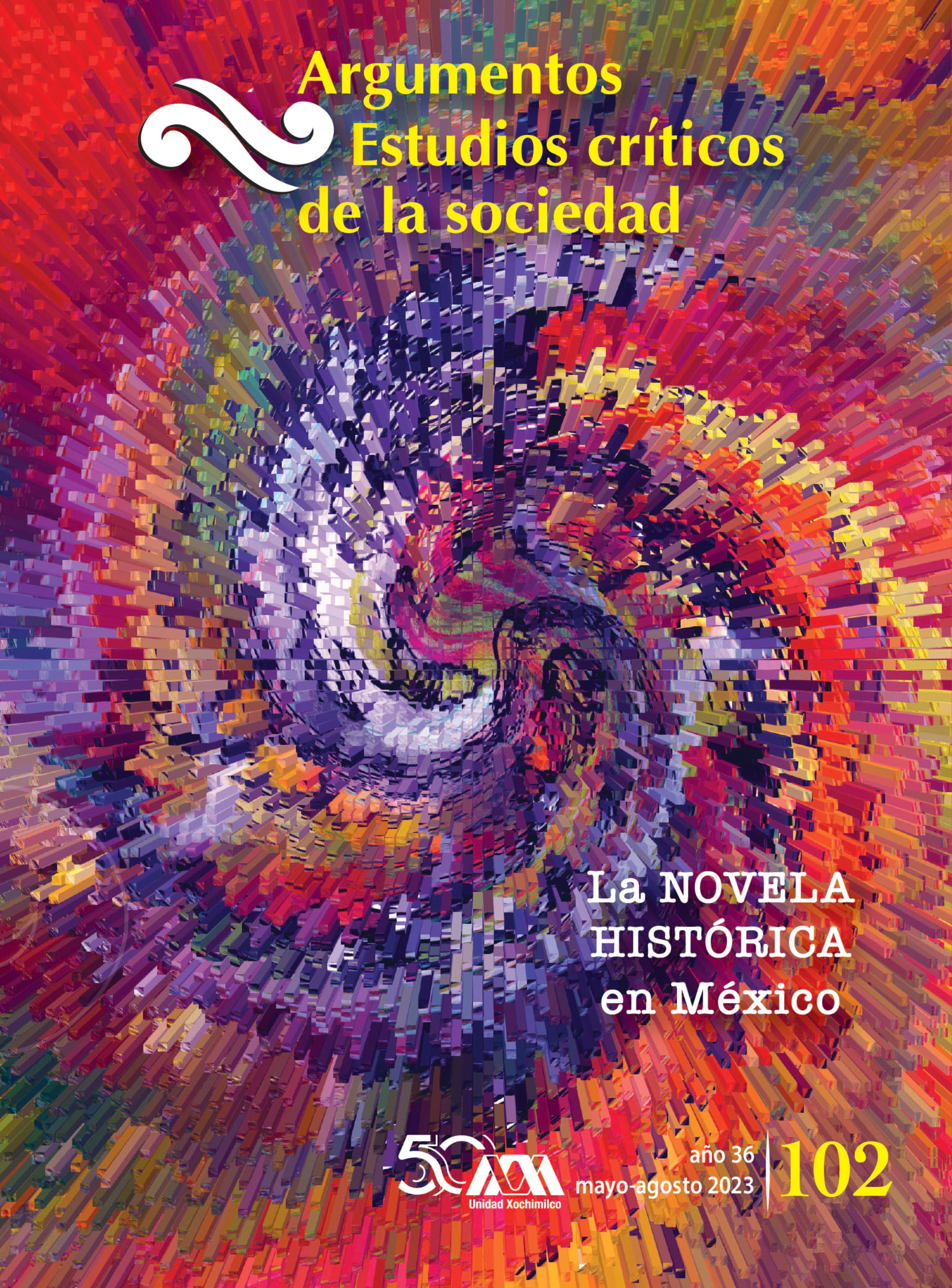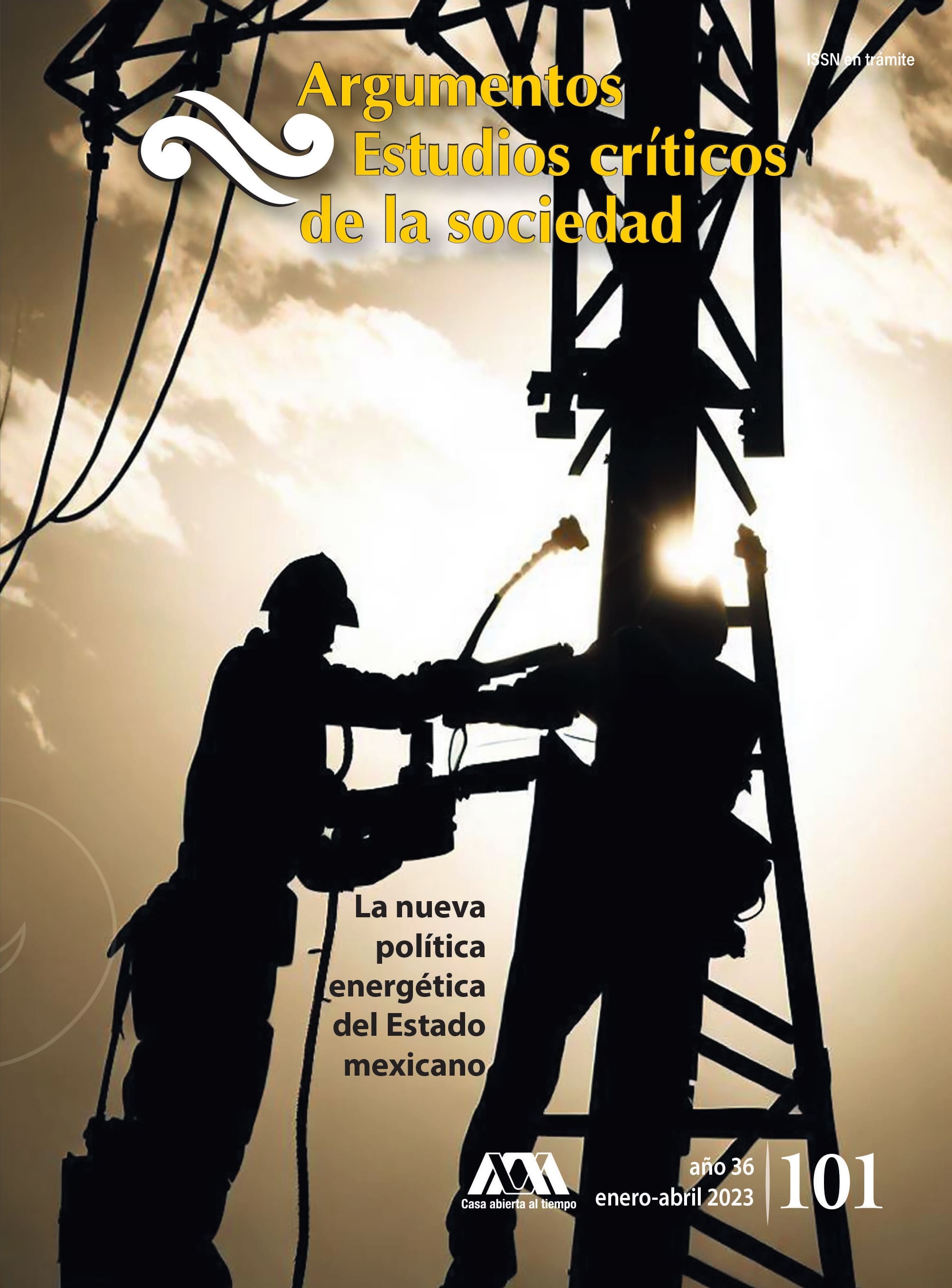Un acercamiento institucional a la gestión del agua ante el cambio climático en la Ciudad de México
DOI:
https://doi.org/10.24275/uamxoc-dcsh/argumentos/202092-03Keywords:
intitutional archiccture, adaption to climate chnage, Mexico CityAbstract
This paper presents an analysis of the policy instruments that Mexico City’s government has built in the water sector to achieve adaptation to climate change. It seeks to investigate the institutional facilitators and barriers that have allowed or prevented to the city government to achieve an effectiveness of policy instruments. Climate change is initially presented as a problem that contributes to a global environmental change and some indicators of the effects in Mexico are exposed, with an emphasis on water ones in Mexico City. Subsequently, the barriers and facilitators that some studies have identified as contributing mainly to the effectiveness of policy instruments are presented as a frame of reference. Thirdly, the análisis of the policy instruments that the government of Mexico City has built in the water sector is carried out, for which the barriers and facilitators identified in the reference framework are taken as reference. The research is fundamentally qualitative and makes use of techniques such as document review and systematization. The findings of this research suggest that the actions implemented by the government of Mexico City in the water sector to achieve adaptation to climate change are limited by institutional barriers that are common with other sectoral policies, as is the case of human and economic resources, and also by barriers that are associated with the dominant of integrated water resources management model and that affect the type of actions that are designed to achieve an adaptation to climate change.








